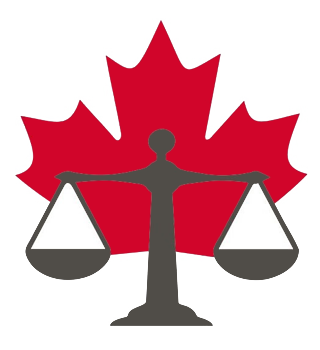What factors are considered in determining compensation in the federal public service?
Sections 148 and 175 of the Federal Public Sector Labour Relations Act give guidance relevant to the determination of compensation in the federal public service. The Act identifies five factors which should be taken into account:
- Necessity of offering compensation and working conditions comparable to the private and public sectors;

